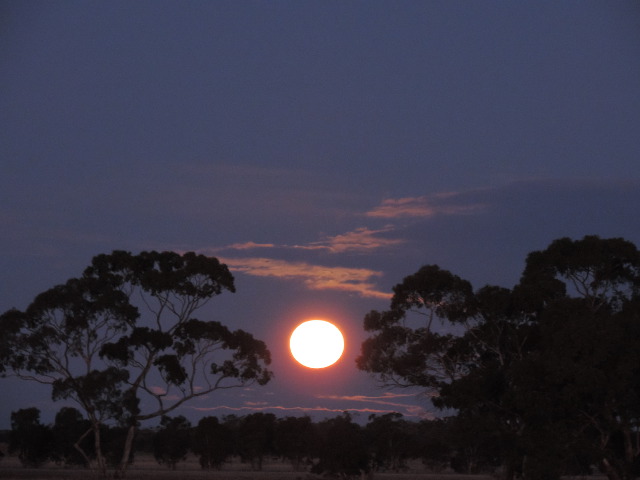In "Still no good evidence that most complementary medicine works" Ian Musgrave, Senior lecturer in Pharmacology at University of Adelaide, Australia, summarises the lack of evidence for many complementary medicines:
theconversation.com/still-n...
The article is a good jumping off point for those interested in reading further, with heaps of links to related articles.
More on Complementary and Alternative Medicine
healthunlocked.com/cllsuppo...
Not to forget Professor Terry Hamblin's quip:
"The real problem with alternative medicine is that once any treatment is shown beyond doubt to be effective, it ceases to be 'alternative' and becomes just like any other part of medical knowledge. That means that 'alternative medicine' must consist entirely of unproven treatments."
Neil
